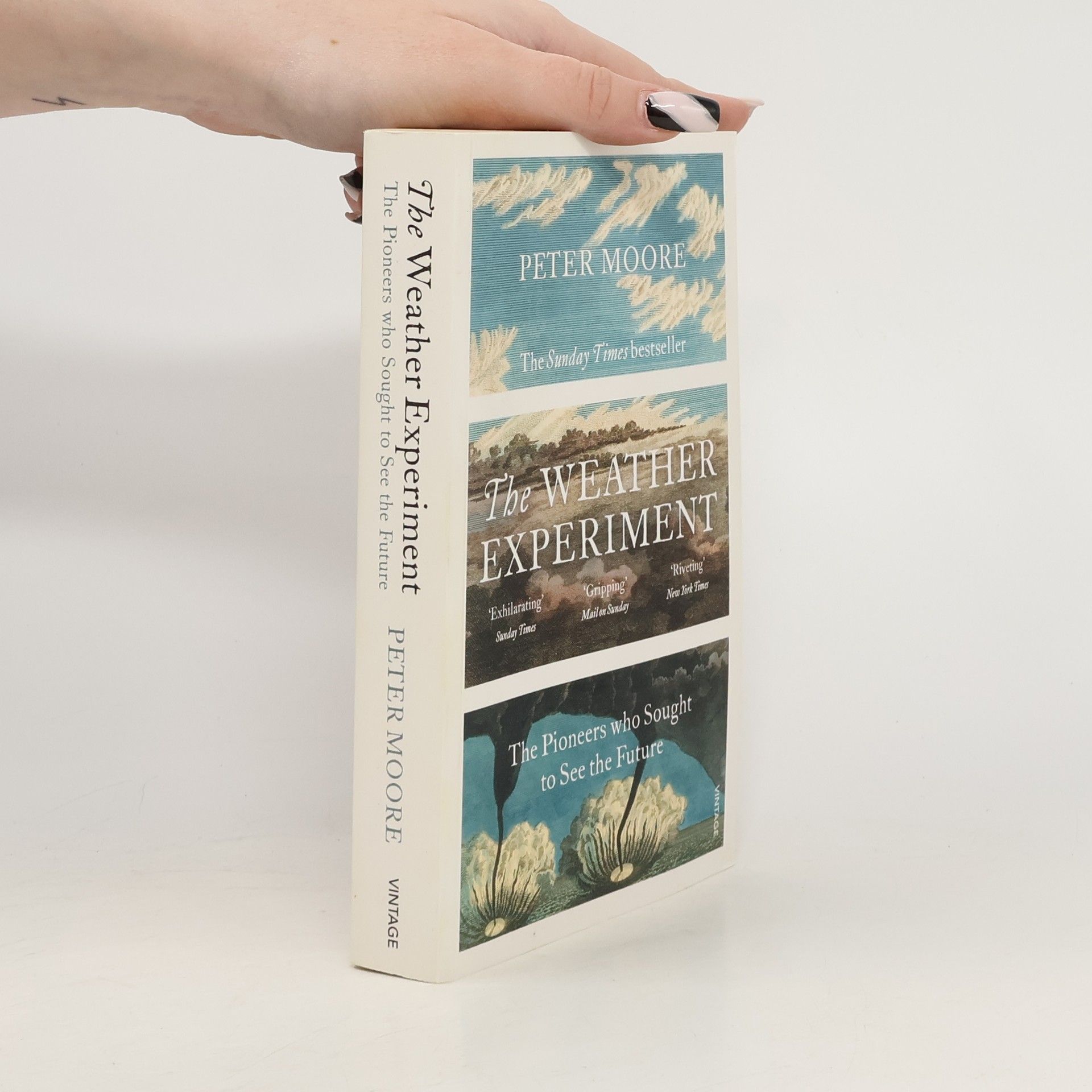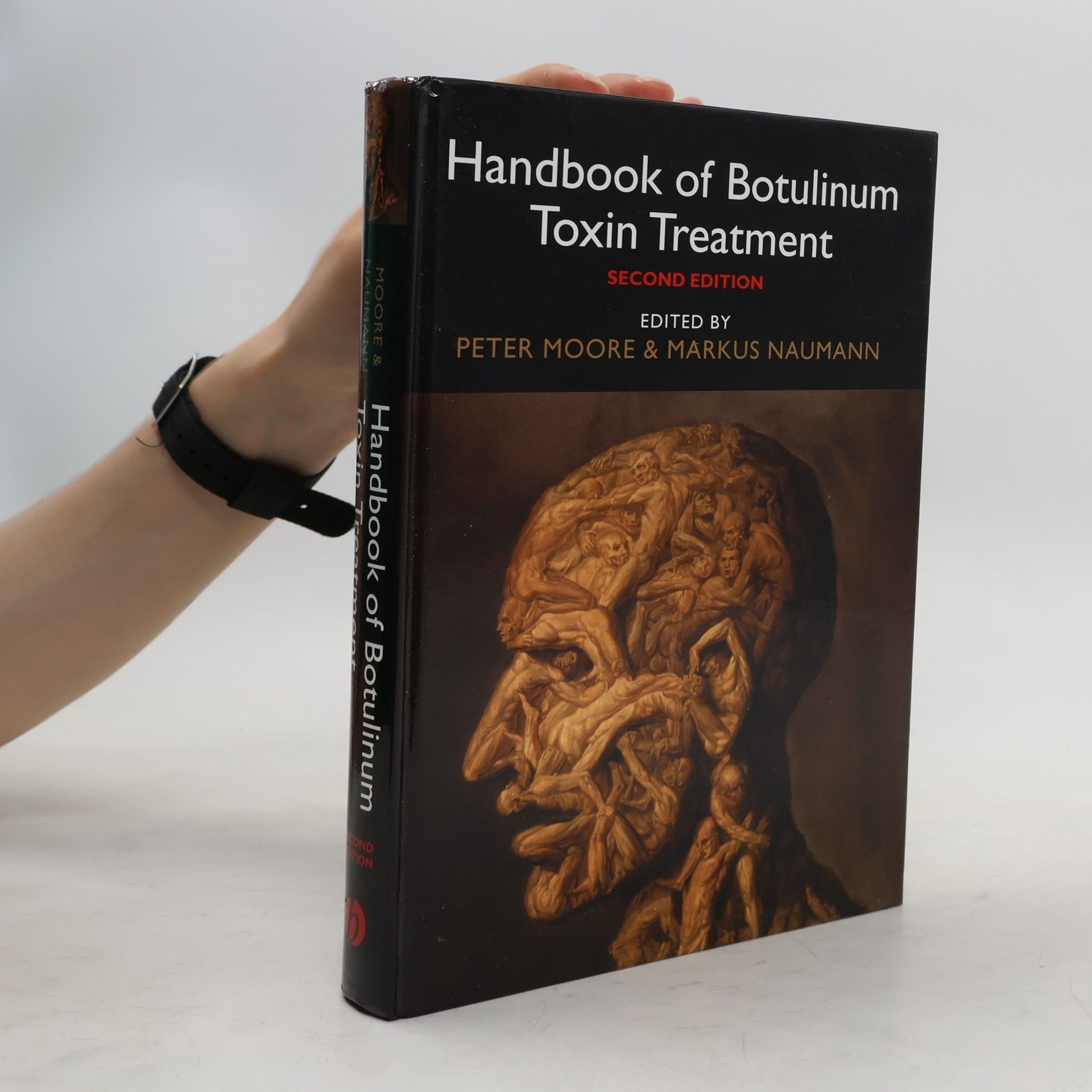Botulinum toxin A is a remarkably versatile treatment with a steadily expanding list of indications, which include strabismus, hemifacial spasm, focal dystonias such as spasmodic torticollis, dysphonia and writer’s cramp, as well as adult and childhood spasticity. Recent innovations include its use in some types of pain, in autonomic and gastrointestinal disorders, and in cosmetic medicine, such as hyperhidrosis, hypersalivation, rectal fissure, achalasia and facial wrinkles. Botulinum toxin is arguably the safest and most effective treatment in movement disorders since the introduction of levodopa, and is an increasingly important option in many other fields.The long-awaited second edition of the Handbook of Botulinum Toxin Treatment brings the reader up to date with the many advances in background knowledge and in clinical practice in both the established and the newer indications, including the use of a second serotype botulinum toxin B.The book is an introduction and practical guide for doctors and paramedical staff who use botulinum toxin or who may want to refer patients or care for patients being treated elsewhere. Initial chapters provide historical and general information. The rest of the book concentrates on the different conditions treated with botulinum toxin. Chapters follow a standard format with a pragmatic approach based on the wide experience of the authors.
Peter Moore Knihy






Divided in two sections, this factopedia, a home reference resource, covers the big ideas that have impacted on our world and makes finding out all about them simple. With the key movers and shakers listed in specific sub-sections according to their respective discipline, this book helps you in being better informed.
In an age when a storm was evidence of God’s wrath, pioneering meteorologists had to fight against convention and religious dogma to realise their ambitions. But buoyed by the achievements of the Enlightenment, a generation of mavericks set out to unlock the secrets of the atmosphere.Meet Luke Howard, the first to classify the clouds, Francis Beaufort, quantifier of the winds, James Glaisher, explorer of the upper atmosphere by way of a hot air balloon, Samuel Morse, whose electric telegraph gave scientists the means by which to transmit weather warnings, and at the centre of it all Admiral Robert FitzRoy: master sailor, scientific pioneer and founder of the Met Office.Peter Moore’s exhilarating account navigates treacherous seas, rough winds and uncovers the obsession that drove these men to great invention and greater understanding.
Life, Liberty, and the Pursuit of Happiness
- 592 stránek
- 21 hodin čtení
"A history of the British thinkers who developed the Enlightenment-era ideas and ideals that drove the American Revolution"-- Provided by publisher
The Wrong Way Home
- 396 stránek
- 14 hodin čtení
A humorous travel book encompassing the hippy trail of the Sixties and written by the author of NO SHITTING IN THE TOILET.
No shitting in the toilet : the travel guide for when you've really lost it
- 260 stránek
- 10 hodin čtení
A travel guide with a difference, this title introduces a world where you are more likely to find a cockroach on your pillow than a complimentary mint, where you take your life in your own hands every tim eyou get on a bus, where everything goes wrong, and you still end up loving every minute of it.
Swahili for the broken-hearted. Cape Town to Cairo by any means possible
- 336 stránek
- 12 hodin čtení
A week after breaking up with the girl next door - his girlfriend and travelling companion through Central America - Peter Moore heads off to Africa to lose himself for a while. In the grand tradition of 19th-century scoundrels, explorers and romantics, Africa strikes him as the ideal place to find solitude and anonymity in the face of a personal crisis. What follows is Peter's journey from one end of the Dark Continent to the other. Travelling the fabled Cape Town to Cairo route by any means of transport he can blag (or if he must, pay) his way onto, it's an epic trek that sees our intrepid Antipodean experience everything from the southernmost city in Africa to the Pyramids, vast game parks and thundering falls, cosmopolitan cities and tiny villages, as he journeys through the very heart of Africa. And travelling on his own, it's inevitable that Peter falls in with a motley cast of characters and has myriad including coming face to face with a wild hyena with very bad breath, crossing the treacherous Sani Pass, the highest in Africa, narrowly escaping a riot by hiding in a coffin shop, saving oil-covered penguins in South Africa, and acting as an extra in a World War II epic, not to mention dodging 20,000 single woman trying to catch the eye of the king of Swaziland during the annual Reed Dance. Oh yes, and then there was the time when he was kicked out of Robert Mugabe's birthday bash at gunpoint.
Set in a dystopian 2048 England, a 17-year-old named Winnie Smith, alongside the cantankerous centenarian Eric Blair, confronts a repressive government led by the first black female prime minister, Rose Cromwell. In this oppressive regime, free speech is criminalized, and public shaming is rampant, with trolls broadcasting accusations on massive screens. The story explores themes of resistance and the fight for freedom in a society where dissent is dangerous.
The iconic spy's demise sends shockwaves through the intelligence community, prompting a search for a new agent to fill his shoes. As the world grapples with the loss of its most famous secret agent, a new threat emerges, testing the limits of loyalty and courage among those left behind. The narrative explores themes of legacy, the evolution of espionage, and the impact of a hero's absence, all while maintaining the thrilling action and intrigue that fans expect from the series.
The story follows Delphine, who faces public humiliation after being slut-shamed online shortly after losing her virginity at 14. In response to her trauma, she reinvents herself as a high-class escort, driven by a determination to ensure that all men face consequences for their actions. The narrative explores themes of empowerment, revenge, and the complexities of sexuality in a society that often judges women harshly.
